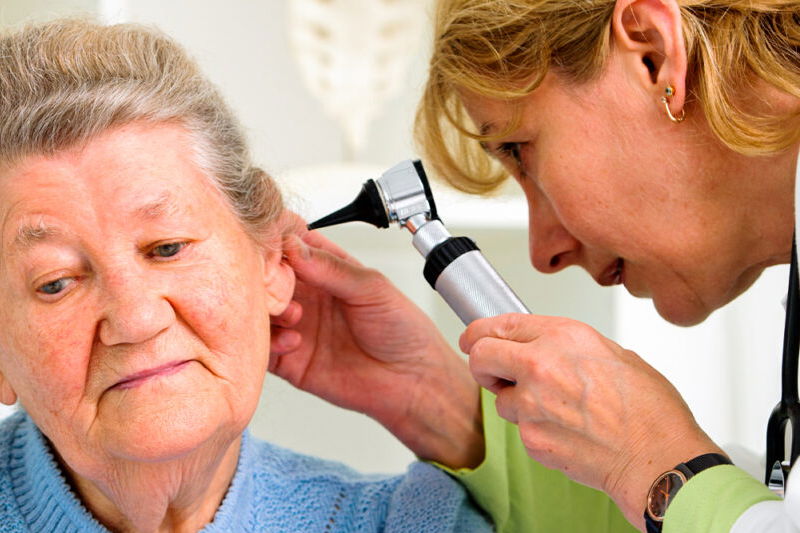It’s normal to experience hearing loss as we age. Unfortunately, hearing loss can do more than just make it difficult to follow a conversation. Recent studies have found that people with hearing loss have an increased risk of developing dementia.
According to a research article by The Hearing Journal, people who experience mild hearing loss are at double the risk for developing dementia, and the risk triples for older adults who experience moderate hearing loss. It’s a problem that’s expected to increase. The number of people affected by age-related hearing loss is estimated to grow to 580 million across the globe by 2050.
Common symptoms of people with both dementia and hearing loss include:
- Confusion during conversations
- Changes in methods of communicating
- Difficulty completing everyday tasks
- Feelings of fatigue or stress
Using a hearing aid can play a big role in lowering your risk of developing other health problems. According to a study by the University of Michigan, older adults who got a hearing aid for newly diagnosed hearing loss had a lower risk of being diagnosed with dementia, depression and/or anxiety than people who don’t use hearing aids. The same study also found that only 12% of people who have a formal hearing loss diagnosis actually get hearing aids.
So why are people with hearing loss more prone to dementia?
While the exact correlation between hearing loss and dementia remains a mystery, many researchers believe a lack of social interaction with others, less stimulation to the brain and loss of nerve impulses from the ear to the brain could all be factors that result in memory problems.
Recent research has also found that brain tissue shrinks more rapidly for people with hearing loss than for people with normal hearing. Researchers found that the shrinkage of brain tissue for people with hearing loss was predominantly in the part of the brain that is responsible for processing speech and sound.
However, there are a few easy things you can do to promote brain health.
Keep your mind active
Do a puzzle, play board games, play a musical instrument or learn a foreign language. Problem-solving skills develop new neural connections in the brain, which can help avoid any damage associated with dementia or Alzheimer’s disease.
Interact with others
It’s important to maintain social connections as you age. Having regular conversations with friends and family helps stimulate your brain.
Exercise
Regular exercise is key to helping protect the brain. Experts recommend getting at least 30 minutes of cardiovascular exercise five days a week. While other types of exercise such as strength training are also beneficial, cardiovascular exercise has been found to be the most effective for brain health.
Eat Well
Poor nutrition and vitamin deficiencies also can negatively affect your brain health. Researchers recommend following a Mediterranean diet, which consists of eating lots of vegetables, fruits, legumes, fish, olive oil, nuts and seeds. This diet is good for both your heart and your brain.
If you’re experiencing hearing loss, our expert care team at Sierra Nevada Hearing Aid Center can help. We’ll get you fitted with a hearing aid that is comfortable and fits your needs. Call 775.882.3277 to make an appointment today.




